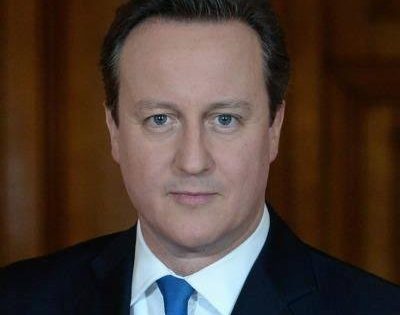
 The United Kingdom, through its Department for International Development, has approved N4.74bn (£16.7m) for the development of electricity from solar energy in Nigeria.
The United Kingdom, through its Department for International Development, has approved N4.74bn (£16.7m) for the development of electricity from solar energy in Nigeria.
According to SolarNigeria, the agency in charge of the programme in Nigeria, the funds from the UK DFID will be used to scale the market for solar home lighting and power across the country through to 2020.
In a statement issued in Abuja, the agency stated that it was helping capable solar vendors and financiers to rapidly expand their capacity to reach consumers with financed solar solutions, adding that pilot programmes in 2015 provided capacity building grants of £1.5m to 16 companies.
It said, “In 2016, a financing pilot will provide £0.5m in grants to mobilise the provision of commercial finance into the value chain for household scale solar light and power systems. A number of deposit money banks, micro-finance banks, and solar pay-as-you-go specialists will be invited to apply.
“Following these pilots, the UK Department for International Development has approved an additional £16.7m for SolarNigeria to help scale the market for solar home lighting and power in Nigeria through to 2020, enabling millions of Nigerian households to experience reliable power for the very first time.”
The agency further stated that additional 49,000 homes across the country had acquired solar lighting and power systems within three months this year.
On the significance of the solar development programme, the Head of Consumer Markets for SolarNigeria, Leigh Vial, said, “Millions of Nigerian households could today save money while enjoying bright light and clean power using solar instead of kerosene lanterns and small generators.
“So why do they not already use it? They need someone trustworthy to make quality solar products available to them in their village; and they need to be able to pay for it over time. This requires capable companies to invest in the market, to reach the customers, and to enable financing.”
He stated that more than 14,000 of the homes benefitting from the programme were in Nigeria’s northern states, where grid deficiencies and the need for reliable power were the most acute.
Vial noted that the boost represented a dramatic increase in Nigeria’s household solar market, adding that in 2015, the estimated total market was around 130,000 units.
The Director-General of NECA, Mr. Olusegun Oshinowo, pointed out that the labour law recognised the right of employers to determine their operational policies without approval from the ministry, while respecting the provision of Section 20 of the Labour Act, where and if a labour union existed in the organisation.
He gave the assurance that any employer carrying out retrenchment would meet with the appropriate body in the workplace, including the union where one existed, and would pay redundancy benefits to affected employees.
According to him, the right to strike or picket is not an opportunity for impunity and criminality.
He was quoted as saying, “It is most unfortunate that the minister’s comment has been fuelling impunity and gross abuse of rules and principles of industrial relations in Nigeria. The law about dispute settlement is clear in Nigeria. If the union has any issue with the action of the employer, its recourse should be the industrial court rather than take laws into its hands. We expect the minister to caution the union and urge it to follow due process in seeking justice for its cause.”
He warned, “In exercising its right to picket, the union should realise that such an action should not impinge on the right of the enterprise to conduct its business.
